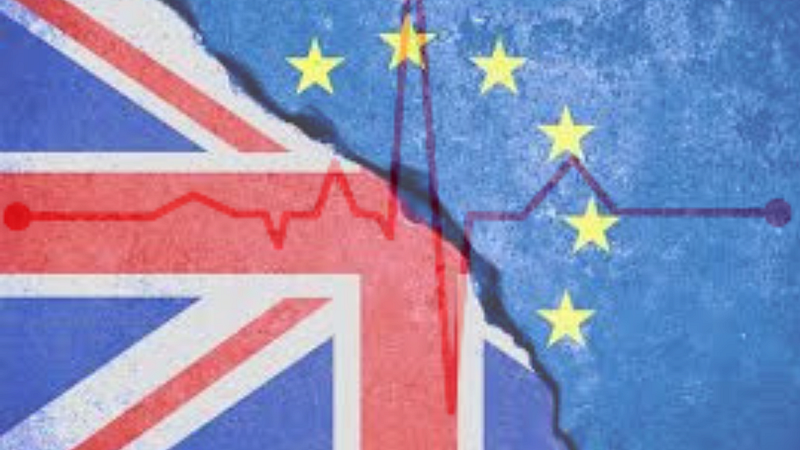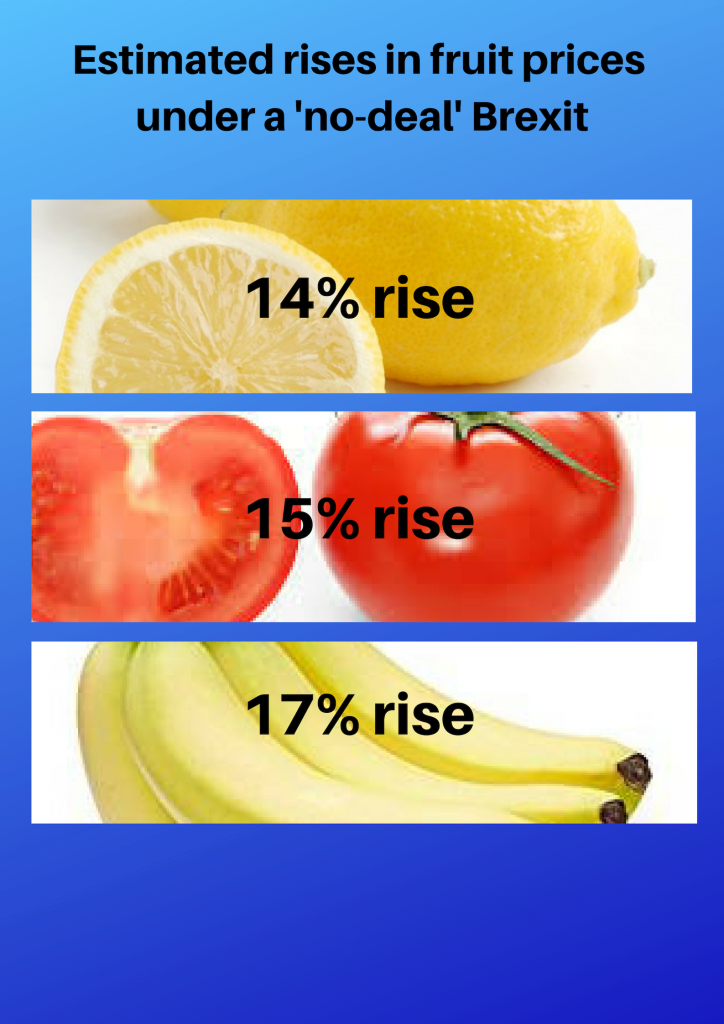Potential Surge in Heart Disease and Stroke Deaths Post-Brexit
Written on
Chapter 1: Overview of Health Impacts
Recent research published in BMJ Open warns that the United Kingdom’s decision to proceed with Brexit may result in thousands of additional deaths from heart disease and strokes over the next ten years.

This alarming trend is largely due to the UK's significant dependence on imports for fruits and vegetables; in 2017, 84% of fruit and 48% of vegetables consumed were sourced from abroad. After the UK exits the EU, these prices are likely to increase dramatically.
The study suggests that a no-deal Brexit scenario could lead to an estimated 12,400 additional cardiovascular-related deaths in England as a result of decreased consumption of these vital food groups. While Brexit’s consequences have been assessed across various sectors, this study stands out for its focus on the potential health repercussions for UK residents as the country exits one of the largest trading blocs globally.
The research team asserts, “Post-Brexit trade policies could inflate prices and diminish the intake of fruits and vegetables, consequently elevating cardiovascular mortality in England.” They emphasize the importance of the UK government considering these health implications in future negotiations and planning, especially regarding potential negative shifts in food supply chains.
Section 1.1: Methodology of the Study
The researchers employed the IMPACT food policy model, which integrates diverse data on dietary intake, economics, and health outcomes, to project the potential effects of four distinct Brexit scenarios:
- A free trade agreement with the EU and half of the countries outside Europe that have existing deals with the EU.
- A free trade agreement solely with the EU.
- A no-deal Brexit lacking preferential arrangements with any country, reverting to World Trade Organization (WTO) regulations.
- A liberalized trade regime where the UK operates under WTO rules without tariffs on fruit and vegetable imports.
These scenarios accounted for anticipated increases in trade tariffs and the additional costs linked to border checks for imported goods following Brexit.

Chapter 2: Economic Consequences of Brexit
Under a no-deal Brexit, significant price increases were forecasted: bananas could see a price jump of nearly 17%, citrus fruits might rise over 14%, and tomatoes could increase by almost 15%.
With fruit and vegetable consumption already falling short of recommended levels for over half of the UK's population, these scenarios predict an even steeper decline, especially under a no-deal scenario, which could result in an 11.4% decrease in fruit and a little over 9% in vegetable intake.
The modelling indicates that every Brexit scenario would lead to an increase in heart disease and stroke-related fatalities. However, the no-deal situation would be particularly detrimental, with projections indicating an additional 12,400 deaths from 2021 to 2030—equivalent to an almost 2% rise in mortality rates.
Even factoring in a potential 2% annual growth in domestic fruit and vegetable production to offset the costlier imports did not significantly alter these estimates.
This analysis, while a modelling exercise, aligns with other studies predicting price hikes in a post-Brexit landscape. The researchers also caution that Brexit could have wider repercussions for food production and consumption, as the current system relies on approximately 80,000 seasonal workers from EU countries for harvesting produce.
Without the free movement allowed by EU single market regulations, the availability of locally-grown fresh produce is expected to decline, further driving prices up. Additionally, there may be impacts on food quality and safety if EU standards are relaxed to enhance commercial competitiveness.